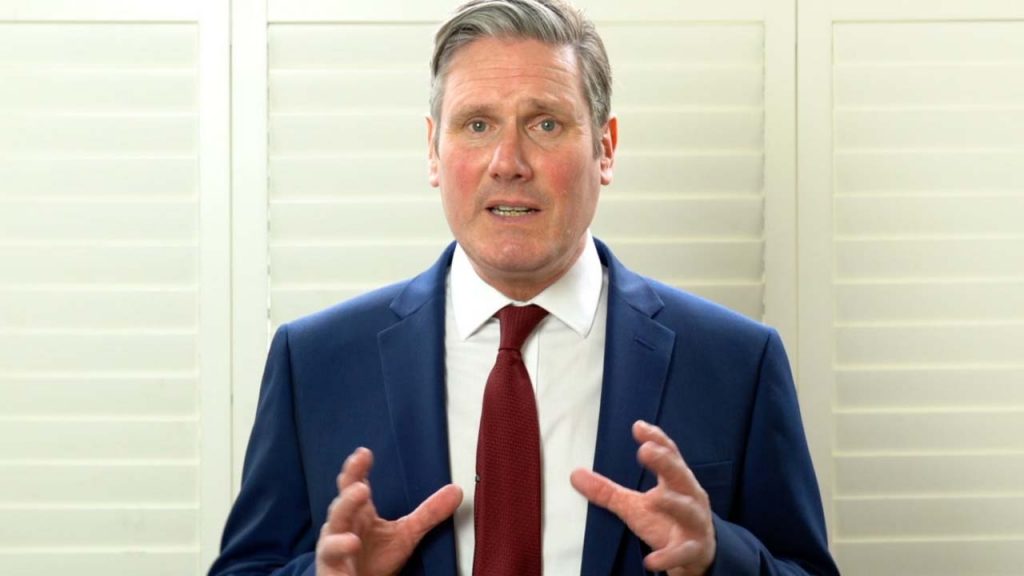UK Prime Minister Keir Starmer has announced a stricter crackdown on illegal migrant workers as part of his government’s efforts to address immigration concerns. In a post on X (formerly Twitter), Starmer reaffirmed his commitment to tackling undocumented migration and criminal networks exploiting illegal workers, continuing policies set by previous administrations despite having previously criticized them.
According to official reports, UK immigration enforcement teams made 609 arrests in January 2025, marking a significant 73% increase from the 352 arrests recorded in January 2024. These arrests were carried out during visits to over 800 business establishments, including nail salons, restaurants, car washes, and convenience stores. The intensified enforcement aligns with the Labour government’s broader strategy to curb illegal migration and dismantle human smuggling operations.
Since assuming office, Starmer has taken a different approach to handling immigration compared to his Conservative predecessor, Rishi Sunak. One of his first major actions was scrapping the controversial plan to deport asylum seekers to Rwanda. Instead, he pledged to take aggressive measures against smuggling gangs and businesses that employ undocumented workers. Home Secretary Yvette Cooper emphasized that illegal workers have been exploited for too long without proper enforcement. She highlighted the government’s plan to introduce tougher legislation and increase enforcement operations to protect border security.
Undocumented migration, particularly through dangerous Channel crossings from France to the UK, was a critical issue in the last general election, which saw Starmer’s Labour Party come to power. In 2024 alone, 36,816 people crossed the Channel irregularly, a 25% rise from the previous year’s figure of 29,437. Additionally, legal migration remains at historically high levels, with an estimated 728,000 arrivals in the year leading up to June 2024.
The rise in immigration has fueled political tensions, with Starmer under pressure to reduce both legal and illegal migration. His government faces growing competition from Nigel Farage’s anti-immigration Reform UK party, which secured around four million votes in the July 2024 elections—a record for a far-right political group. To counter this, Starmer has introduced a Border Security Command unit and enhanced collaboration with European security agencies such as Europol.
The UK has also expanded international partnerships to address migration challenges. Agreements have been signed with Germany and Iraq to combat human smuggling networks, complementing previous deals with France and Albania. Additionally, the government reports an increase in the deportation of irregular migrants, reaching its highest level since 2017.
In a further move to reinforce immigration control, the government’s new Border Security, Asylum, and Immigration Bill is set for its second reading in parliament. The proposed legislation aims to grant law enforcement agencies new powers—comparable to counter-terrorism measures—to dismantle smuggling operations and curb irregular migration.
As immigration remains a pressing concern, Starmer’s administration is intensifying its efforts to regulate the system, balancing enforcement with diplomatic cooperation to address both undocumented migration and organized crime networks.

